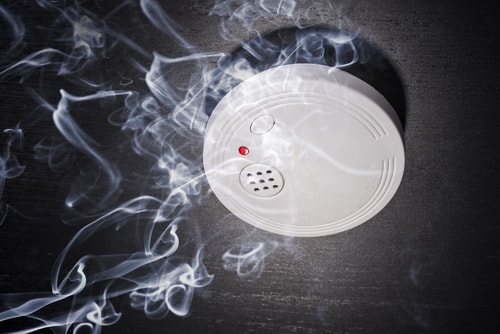Small tips can have a big impact
By Diego Flammini, Farms.com
The first job of anyone on many job sites is safety. People who ensure they are safe by wearing the proper equipment and taking the right precautions are also doing their part to keep their coworkers safe.
Safety on farms is just as important as anywhere else and a few simple tips can go a long way to establish a safe environment.

Have a plan
Running a family farm operation? It’s important to have measures in place to make sure the farm and house is as safe as possible at all times. It’s also important to review the plan periodically.
Loose clothing
Be sure not to wear clothing that’s too loose. Clothing that dangles can easily be caught in machinery and pull the person towards the gears and sharp edges.
Smoke alarms
Having a smoke alarm in the barns and where the machinery is stored is an easy way to know if there’s smoke and fire.
Tools
Have sharp hand tools? Not only is it important to keep the edges covered, but locking them in a cabinet at the end of the day can be a good way to make sure children don’t hurt themselves.
Respect the livestock
As comfortable as farmers are with their animals, sometimes animals can be irritable, just like people. If that happens, it’s important to have multiple routes to get away from any danger.
In an effort to promote farm safety, Waterloo Rural Women are organizing a Children’s Farm Safety Day.
It will take place Saturday, June 13 from 9:30am – 1:15pm at Shantz Farm in Wallenstein, Ontario. The day will include hands-on learning, machinery and animal safety.
Join the conversation and tell us some of the measures you put in place on your farm to ensure anybody working on or visiting the farm is safe at all times.